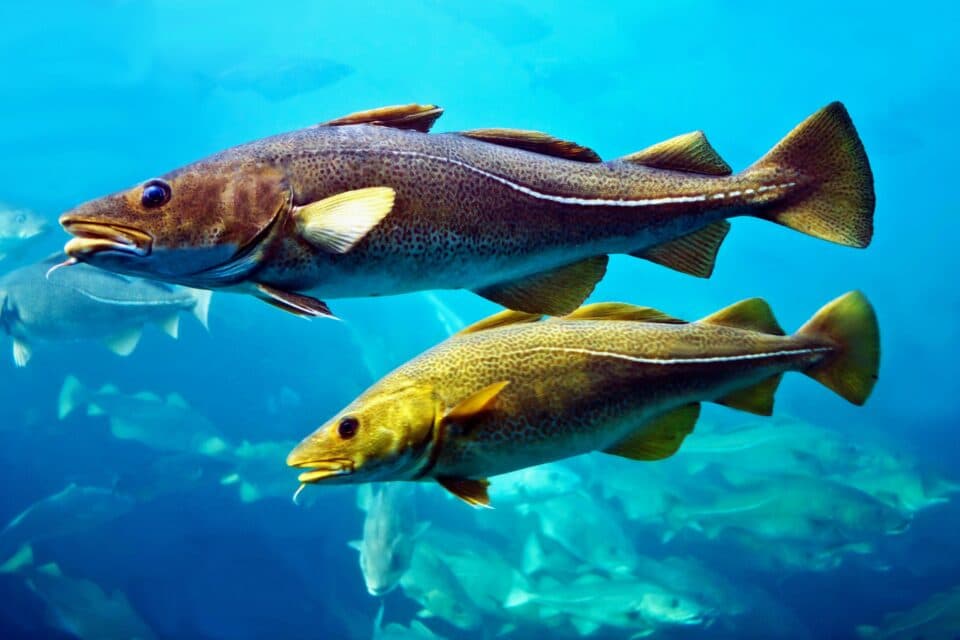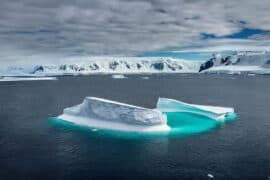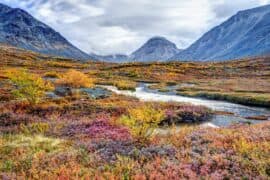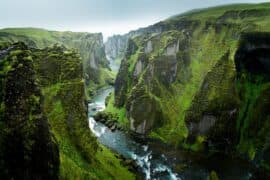
Arctic biodiversity will get a boost from rising temperatures
A new study led by the Nord University in Norway in collaboration with the Institut de Ciències del Mar (ICM-CSIC) in Spain has found that the rise in temperature in the Arctic and sub-Arctic regions caused by global warming are promoting the settlement in these areas of species that previously lived in warmer, southern regions. These findings suggest that climate change is leading to a redistribution of species not only in the much more studied warmer areas of our planet, but also in colder regions which are warming at a much faster rate than the rest of the planet.
The scientists collected data from over 20,000 trawl surveys in the Norwegian and Barents Seas between 1994 and 2020. “In 1994, an average of eight fish species were caught in each trawl in the Norwegian and Barents Seas, while in 2020 the number rises to more than 13, which represents an increase of 66 percent. The results of the study also shown increases, albeit less significant, in the richness of adjacent areas,” said study lead author Cesc Gordó-Vilaseca, a doctoral student in Biosciences at the Nord University.
The analysis revealed that, of the 193 species included, 71 relatively warm-water species are now more common in the Arctic and sub-Arctic regions, while 23 species which were previously more common in the north are now occurring there less frequently. However, the study also documented the expansion of some Arctic species that seem to adapt well to rising temperatures, such as the commercially valuable common cod (Gadus morhua).
“The shift in frequency of species, sometimes favored by high temperatures and sometimes not, could lead to a reconfiguration of ecological interactions and, therefore, could cause changes in the structure and functioning of the entire ecosystem,” warned co-author Marta Coll, a researcher at the ICM-CSIC.
These findings could contribute to the design of more effective conservation and management strategies. In future research, the scientists aim to analyze in more detail the changes at the level of the entire ecosystem that may be caused by rising temperatures in the Arctic, as well as the effects on fisheries management and protection measures such changes may cause.
The study is published in the journal Proceedings of the National Academy of Sciences.
—-
By Andrei Ionescu, Earth.com Staff Writer
Check us out on EarthSnap, a free app brought to you by Eric Ralls and Earth.com.












